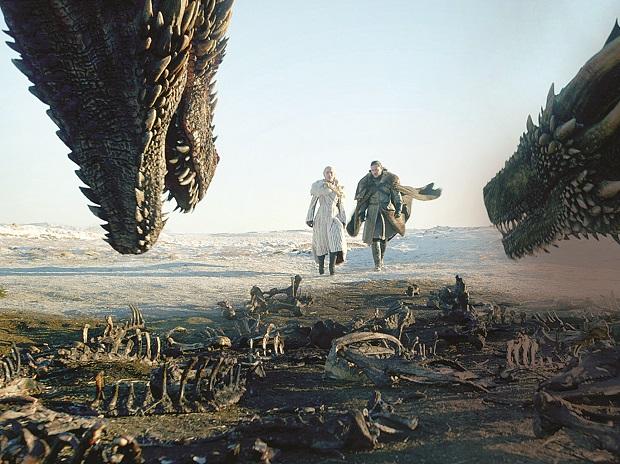
Company News
Eight years after the first season premiered, the long-awaited winter has finally come – Game of Thrones’ final season is here. The television series created by David Benioff and Daniel Brett Weiss from the books by George RR Martin has built a rich and complex multi-thread plot-knot of epic battles, of the living and the undead, of long owed-debts to be paid, and of the culmination of clan stratagems to win the Iron Throne of the Seven Kingdoms.But at the end of season seven in the autumn of 2017, it wasn’t the clan warfare that had us cliffhanging, but the thought of the army of undead white walkers and their zombie dragon bearing down on Westeros.
Many millions of fans are waiting breathlessly for the denouement – and it’s a legion of fans that has grown exponentially over the eight-year run. In the US, for example, the audience has grown from 2.5m viewers in the first season (2011) to an average of 10.3m during season seven, which peaked at more than 12m viewers during the season seven finale on August 27, 2017.
According to MUSO, a magazine which specialises in piracy, the first episode of season seven alone was pirated 91.74m times and the season accumulated more than a billion illegal downloads a week after it ended.
So many people viewing outside of the official channels doesn’t just suggest the incredibly large audience GoT can attract, it also demonstrates the growth in illegal downloading of television shows – 11% last year – despite the effort of the streaming technologies to kill off piracy.
Piracy has its rewards
But this hasn’t necessarily been a problem for HBO. In 2013, the boss of Time-Warner (which owns HBO), Jeff Bewkes, declared that piracy was: “Better than an Emmy” because more people watching the show inevitably led to more people deciding to pay for subscriptions.
No comments:
Post a Comment